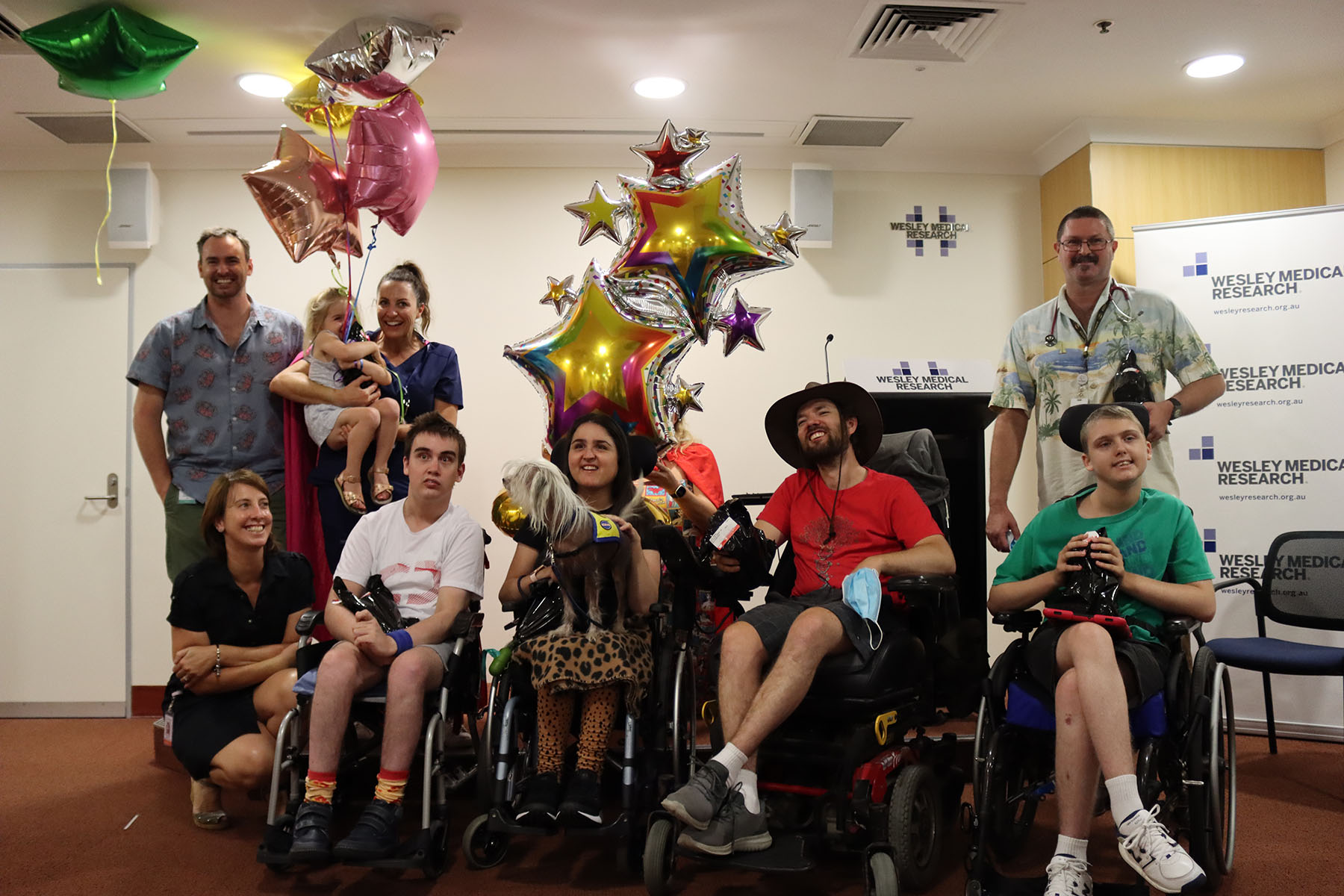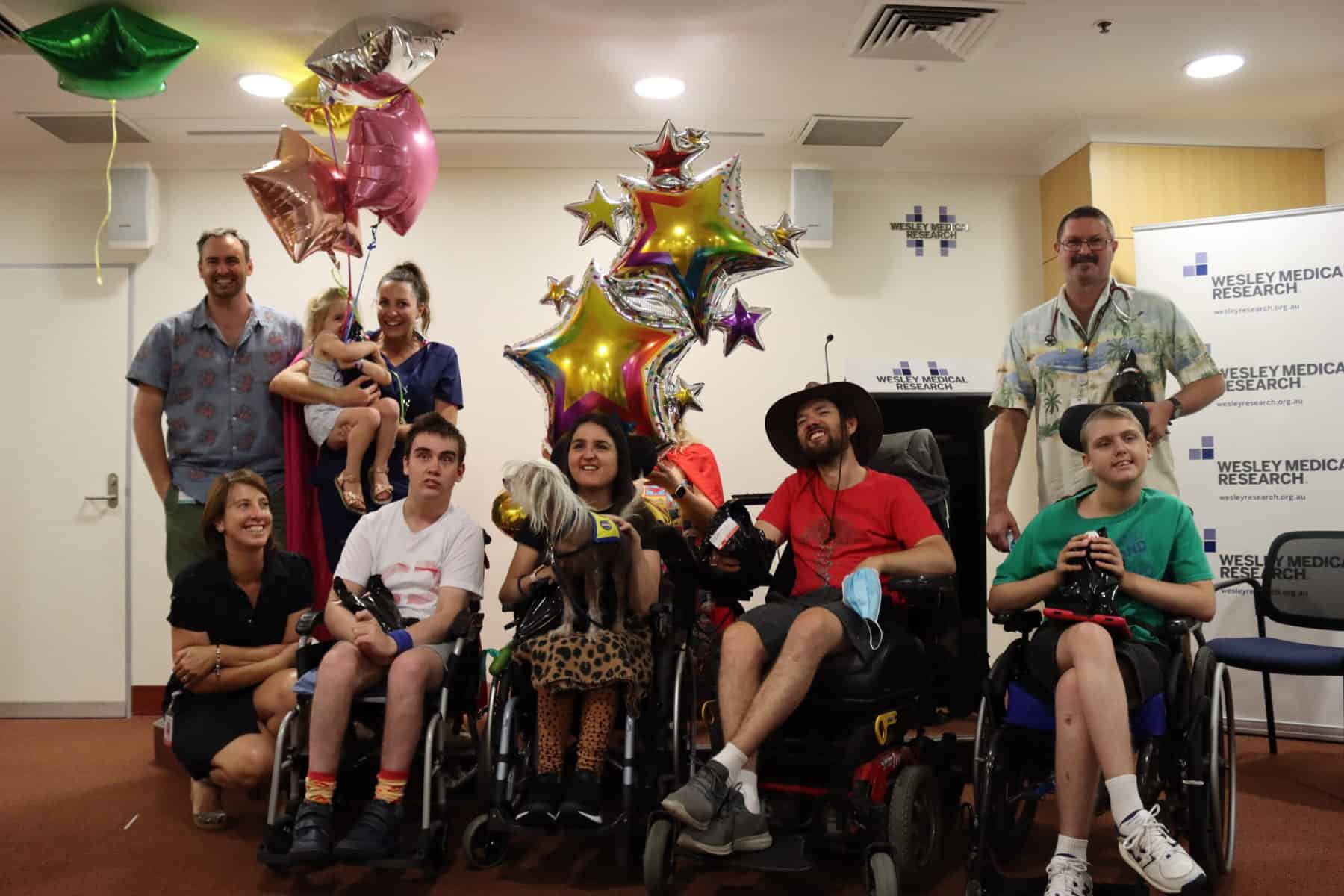Research Theme
Rare Diseases
Wesley Research Institute predominately focuses on translational research; taking basic science discoveries to produce meaningful results that provide direct benefit to our patients.
About this research theme
Our research enables patient participation in national and international phase I-IV clinical trials with a focus on evaluating new therapies, drugs, and diagnostic tools to drive discoveries into standard clinical practice.
Engaged across four hospitals – The Wesley Hospital, St Andrew’s War Memorial Hospital, Buderim Private Hospital and St Stephen’s (Hervey Bay) – clinicians and patients located in both metropolitan and regional areas can participate.
Rare Diseases Research Objectives
Better treatments
Some of our research projects are looking onto potential new treatments. One study is hoping to reduce the number and severity of infections for patients with WHIM syndrome.
Improve understanding
Investigating new treatments to reduce the severity of symptoms in some diseases. One research study is investigating treatments to reduce pain when skin is exposed to sunlight for patients with EPP.
Increase survival and quality of Life
The A-T clinical trial is investigating a new treatment which will hopefully slow down the progression of the disease and improve symptoms such as ataxia (the inability to walk, talk and use fine motor skills).
World leading researchers
Researchers such as Professor Dave Coman are leaders in their fields. While they are striving to investigate new treatments, researcher like Dave also care very deeply about the A-T patients participating in the Clinical Trial.
Rare Diseases Research Projects
Rare Diseases Clinical Trials

Testing treatments to improve symptoms of Myositis

Ataxia-Telangiectasia (AT) Study

WHIM Study

